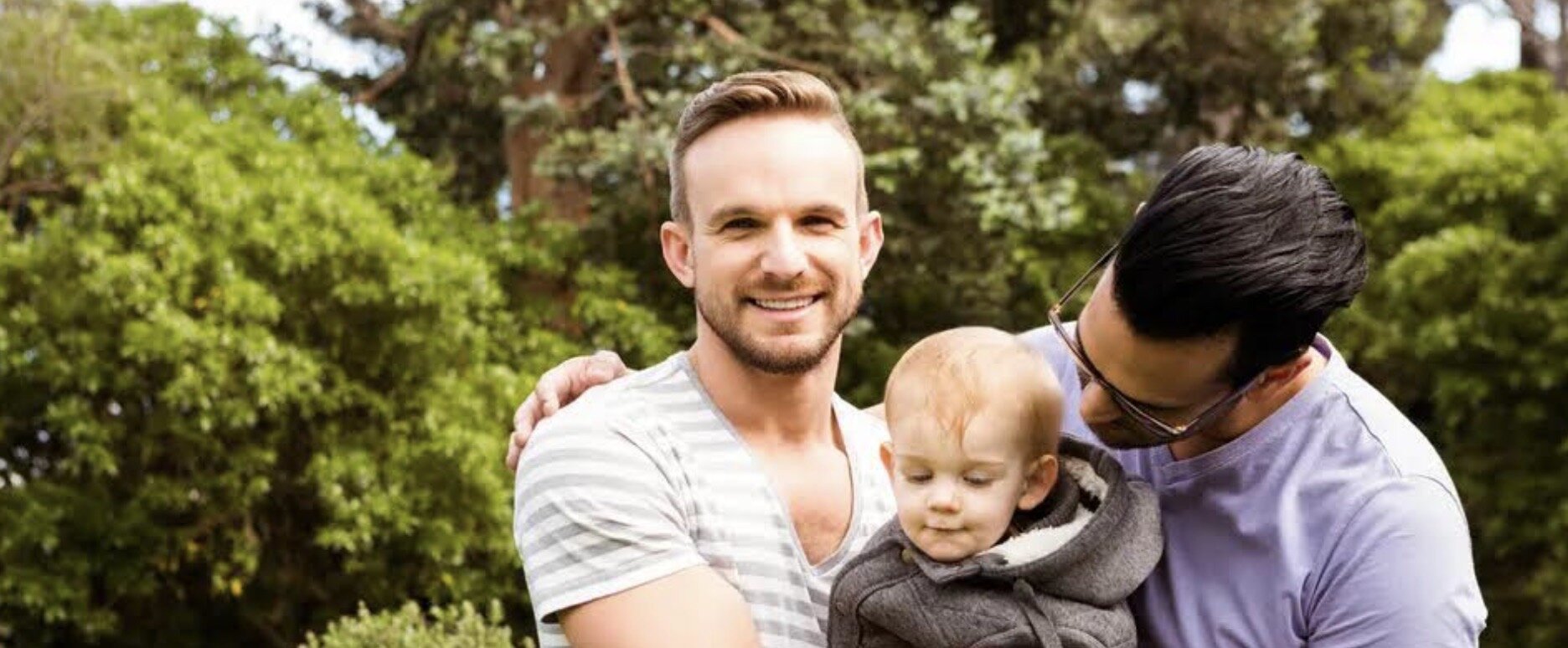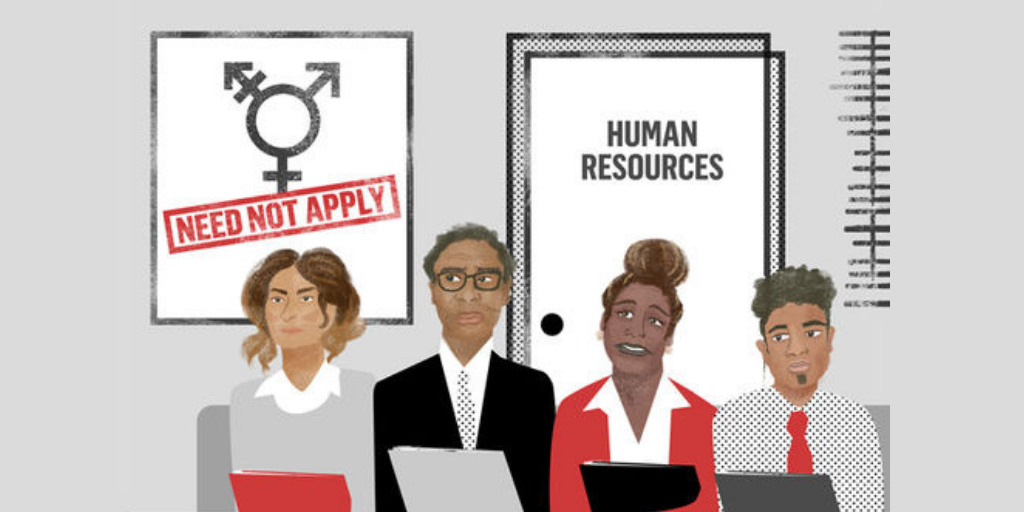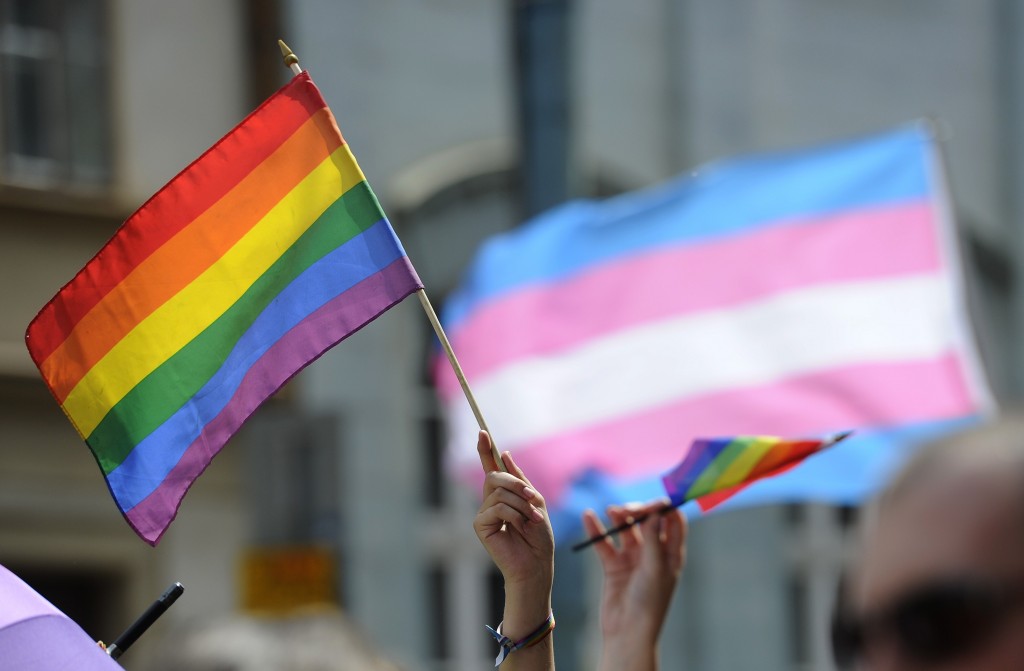
PRACTITIONER BLOG
Read our analyses of developments in Impact Litigation and stay current on class action law

SCOTUS Issues Narrow Decision on Religious Refusal to Support Foster Care by Same-Sex Couples and Declines Opportunity to Create a Broad Right to Discriminate
Many LGBTQ+ advocates feared that the Supreme Court would use the Fulton decision as an opportunity to license discrimination against vulnerable groups on religious bases. Fortunately, the majority decision was narrowly focused on Philadelphia’s contracts with foster care agencies and made no general right for taxpayer-funded foster agencies to discriminate. Today’s decision is an important reminder that the primary responsibility of child services agencies is to help ensure that kids can be in loving homes where they can thrive—including those of LGBTQ families.

Rural Pride Summit To Strengthen Advocacy Network for Underserved LGBTQ Californians
National estimates suggest that between 2.9 million and 3.8 million LGBTQ people, about 15-20% of the total U.S. LGBTQ population, live in rural areas. Rural LGBTQ people are often experience unique challenges that their counterparts in urban and suburban areas do not. For example, because jobs, healthcare providers, and adequate housing are already limited, LGBTQ people have fewer alternatives should they face discrimination. And with limited access to legal representation, discriminatory conduct can go unchallenged.

SCOTUS Rules that Title VII Protects LGBTQ Employees from Discrimination
The effects of this decision for the LGBTQ community are sweeping. To date, twenty-five states and three territories still do not prohibit employment discrimination on the basis of sexual orientation and/or gender identity. Meanwhile, 25% of LGBTQ workers report experiencing discrimination at work and 80% of transgender workers report experiencing discrimination or taking steps to avoid it. Because of Bostock v. Clayton County, LGBTQ workers in every state and territory are now protected from discrimination and harassment under federal law—meaning they can seek relief through the Equal Employment Opportunity Commission and federal courts. Other communities also stand to benefit from the decision’s unequivocal language declaring the breadth of Title VII’s protections.

Impact Fund & Amici to Florida Court of Appeals: Local Non-Discrimination Ordinances Must Be Respected
Today, we filed an amicus brief in the Florida court of appeals along with the National Center for Lesbian Rights, Equality Florida, and civil rights firm Cohen Milstein Sellers & Toll PLLC. We were joined by eight additional organizations representing LGBTQ people, workers, women, and other concerned communities. Our brief documents the ongoing discrimination faced by LGBTQ people, people of color, people with disabilities, and older people in Florida. It also describes the diversity of local human rights ordinances across the state that prohibit discrimination against vulnerable groups that are not protected by state law, including LGBTQ people, elderly tenants, veterans, survivors of domestic violence, and workers at small businesses.

SCOTUS Takes up LGBTQ Workers' Rights Under Title VII of the Civil Rights Act
By taking up all three cases the Supreme Court has decided to take on one of the most critical issues facing the LGBTQ community: whether federal law allows people to express their identity fully without reprisal or harassment.

Fifth Circuit Reinforces Intolerance of LGBTQ Workers With Title VII Outlier
While Wittmer does not change the federal law protecting LGBTQ people, it stands as an outlier among many recent decisions that have found that discriminating against them in the workplace is “because of sex.” The Fifth Circuit covers Louisiana, Mississippi, and Texas, all states that lack statewide protections for LGBTQ workers, and LGBTQ people in the South face higher rates of prejudice and intolerance than other parts of the country. Wittmer makes the conflict among the states and federal circuits even stronger, where LGBTQ workers can be protected in one part of our country but not in another.

Introducing Impact LGBTQ: Impact Fund’s Newest Initiative for Social Justice
Our twenty-five years of litigating civil rights cases, training plaintiffs’ attorneys in complex and impact litigation, and supporting innovative social justice cases have given us a unique understanding of what it will entail to enforce the laws protecting LGBTQ people. That’s why we are launching Impact LGBTQ.
